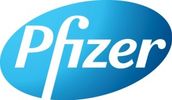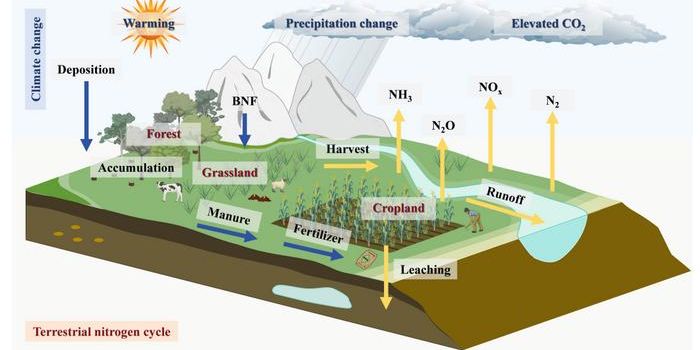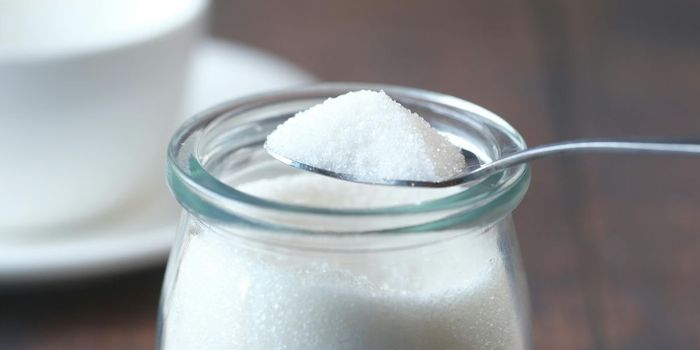Myocarditis and COVID-19 Vaccination

Data on the association between myocarditis and COVID-19 vaccination come from case studies and a series of mostly younger patients who presented to medical centers for symptoms of myocarditis several days after receiving the COVID-19 vaccine. Symptoms of myocarditis include chest pain, shortness of breath, palpitations, fainting, sweating, and an increase in fatigue. Supporting tests showed cardiac injury through elevated cardiac biomarkers, including serum troponin levels, and abnormal ECG with ST elevation in multiple leads, non-specific ST/T changes, and diffuse T wave inversions. In these case studies, blood work ruled out viral infections, including current COVID-19 infections, and autoimmune diseases that could potentially explain the presence of myocarditis.
One particular report compiled data from multiple case studies to provide more statistics. The average age of patients presenting with myocarditis after COVID-19 vaccination was 28 years old, and 93% were male. The majority of cases occurred after the Pfizer vaccine (60%), followed by Moderna (33%), and then Johnson & Johnson (7%). With Pfizer and Moderna vaccines, myocarditis usually followed the second dose. Clinical symptoms, however, resolved within six days with normal cardiac function preserved.
Treatment of vaccine-related myocarditis is mostly supportive with pain management agents, and symptoms usually resolve spontaneously. For more severe cases, treatment with immune-altering drugs may be beneficial. Severe cases involving cardiogenic shock are exceedingly rare.
To put it in perspective, infection with SARS-CoV-2 has a much higher incidence of cardiac complications than the vaccine. However, these studies provide clinicians and health professionals greater awareness of potential side effects from vaccination that render specific testing and treatment of their own.
Sources: Am Heart J Plus, Am J Cardiol, Can J Cardiol, Cureus









